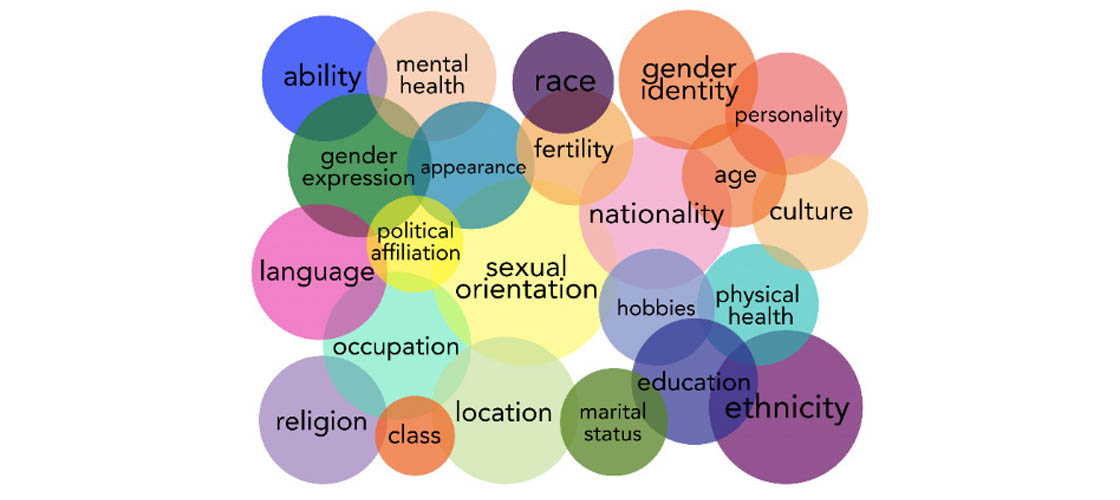- Profesor: Brenda Buckwell
- Profesor: Lallene Rector
- Profesor: Rodolfo Nolasco

Contrary to popular belief, there is no such thing as “objective” interpretation. In fact, it can be argued that all interpretation, especially biblical and theological interpretation and practice is a matter of and affected by the social location of the interpreter and those who are receiving the interpretation.[1] Furthermore, Mitzi J. Smith maintains that even the selection of the piece to be interpreted is an act of interpretation because of the value the interpreter places on the object of interpretation. This idea that everything is an interpretation, especially as they pertain to biblical, theological and artistic forms of interpretation is called hermeneutics.
In this course, we will be analyzing how race, gender, sexual orientation, class, age and ageism affect how one interprets whether as interpreter or receiver of the interpretation. We will also discuss how important lived and living experience, as well as memory, affect interpretation (i.e., the “fluidity” of interpretation.)
This course is not a philosophical debate about the ontology of race/racism, gender/sexism/ homophobia, and class/inequality (i.e., it does not question whether these realities exist). This class begins with the assumption that these are realities which have an observable history and which have been an intimate part of the systemic whole of modernity’s distorted distribution of power, wealth and influence in the world – socially and politically. In this class we will approach the issues of gender, race, class, sexuality, oppression, power, and privilege from a theological and social-scientific perspective.
- Profesor: Felicia LaBoy
- Profesor: Debora Junker
- Profesor: Rudolph Reyes
- Profesor: Barry Bryant
- Profesor: Brian Bantum
- Profesor: Mark Teasdale

- Profesor: Cheryl Anderson